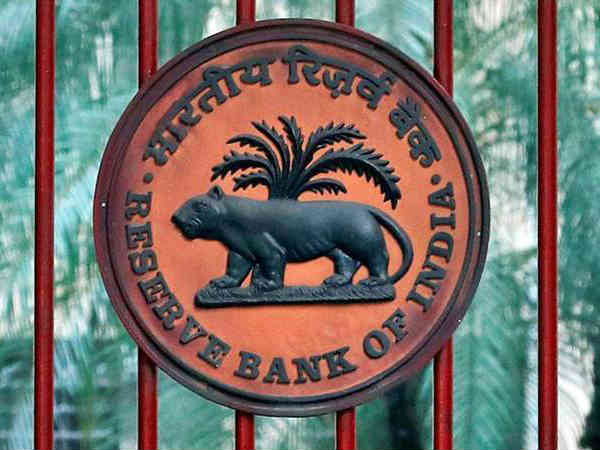RBI Releases Report On Digital Lending; Check Key Recommendations
The Working Group on Digital Lending study, released on Thursday by the Reserve Bank of India, calls for laws to prohibit unlawful digital lending, as well as a verification method for these lenders and a self-regulatory organization.
On January 13, 2021, the Reserve Bank of India (RBI) presented a report by the working group it had formed on digital lending in order to address concerns raised by the surge in digital lending activities and malpractices by certain digital lending applications.

On three fronts, the working group has produced recommendations: legal and regulatory, technological, and financial consumer protection. Credit and Buy Now Pay Later (BNPL) players are among the fintech that fall within the ambit of the suggestions, which aim to ensure that customers borrow from only verified and authentic sources.
While the sector had founded the Digital Lenders Association of India (DLAI) and established a code of conduct to enable self-regulation, the RBI's explicit recommendations to help prevent fraud apps were eagerly expected.
According to the working group's conclusions, 600 of the 1,100 loan apps available in Indian app marketplaces are unlawful. As a result, the organization has proposed that a public register of verified apps be kept.
In its report, the committee now recommends that a nodal body be established to assess the technological credentials of balance sheet lenders' and loan service providers' digital apps. On its website, it will also keep a public list of verified apps.
Another suggestion is to limit balance sheet lending (where the loan is normally kept on the lender's balance sheet) via lending apps to firms regulated and authorized by the Reserve Bank or those registered under any other regulatory authority.
The important recommendations are summarised below.
- Subjecting the Digital Lending Apps to a verification process put up in conjunction with stakeholders by a nodal body.
- Establishment of a Self-Regulatory Organization (SRO) for the digital lending ecosystem's members.
- A separate piece of legislation is needed to prevent unauthorised digital lending.
- As a condition for supplying digital lending solutions, certain baseline technical standards must be developed and adhered to.
- Disbursement of loans directly into borrowers' bank accounts; disbursement and servicing of loans only through digital lenders' bank accounts.
- Data gathering with borrowers' prior and unambiguous consent, as well as a verifiable audit trail.
- All information will be stored on servers in India.
- To achieve sufficient transparency, algorithmic features employed in digital lending should be documented.
- Each digital lender must submit a key fact statement in a standardised format that includes the Annual Percentage Rate.
- The proposed SRO will establish a Code of Conduct for the use of unsolicited commercial communications for digital loans.
- The planned SRO will keep a "negative list" of Lending Service Providers.
- The proposed SRO will draught a standardised code of conduct for recovery in cooperation with the RBI.































